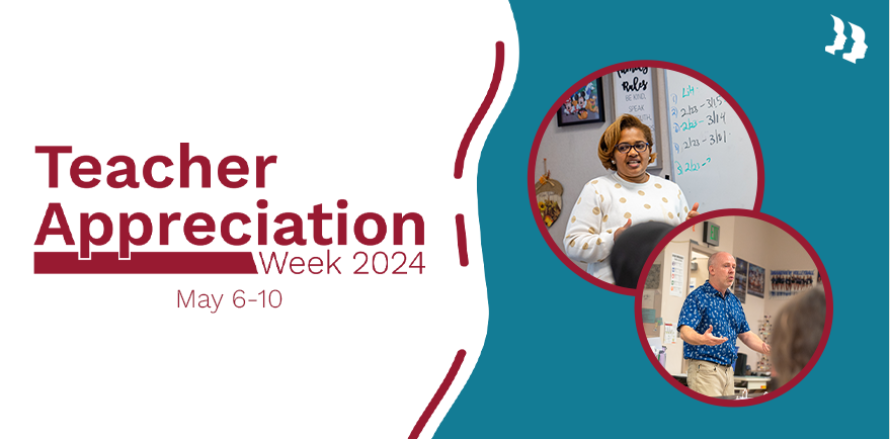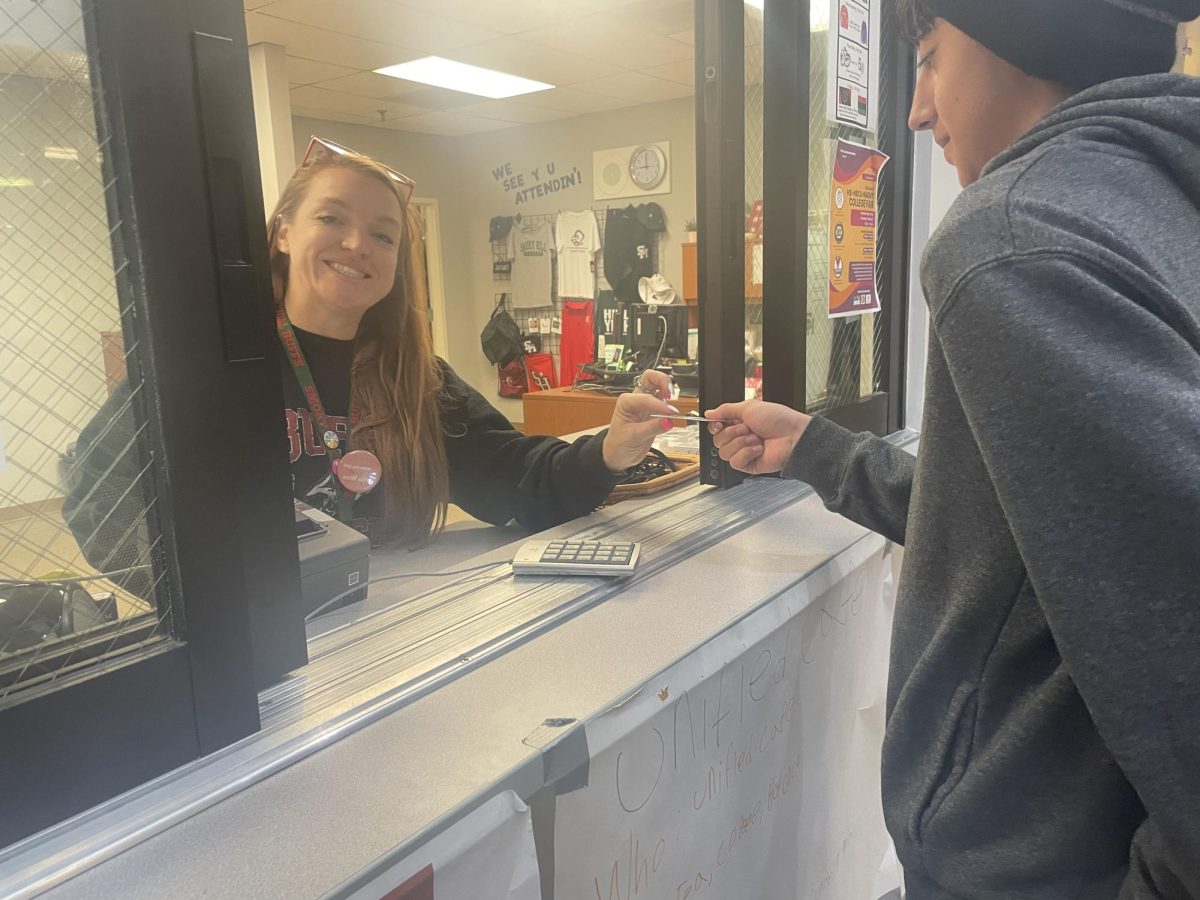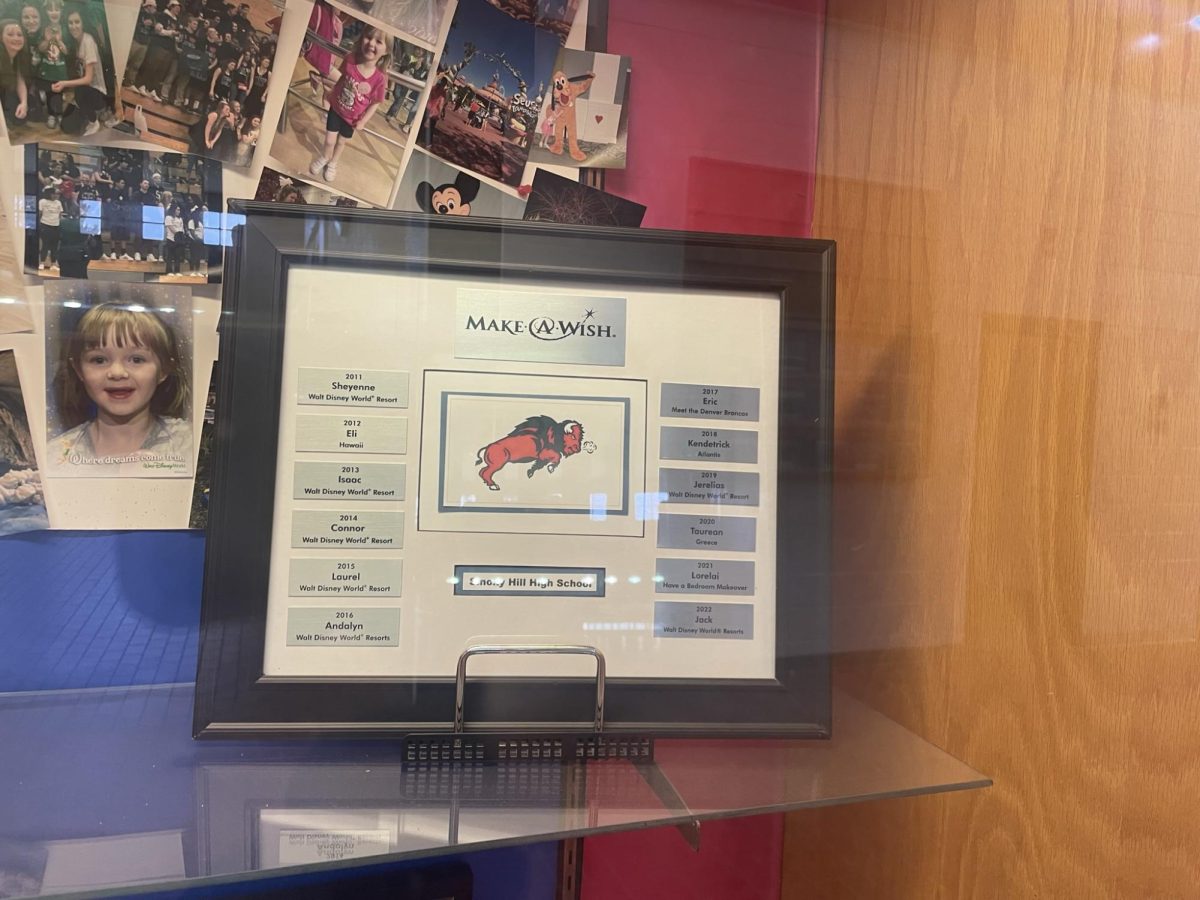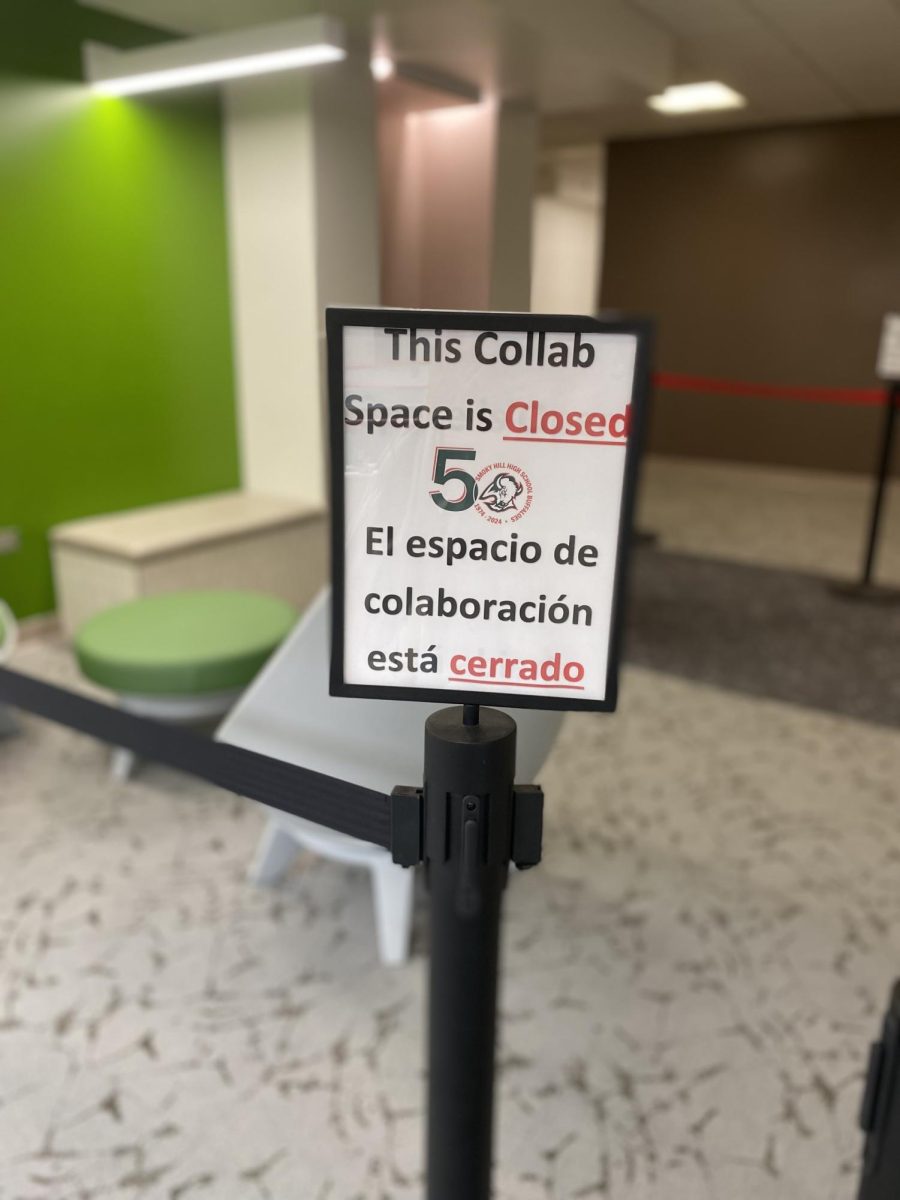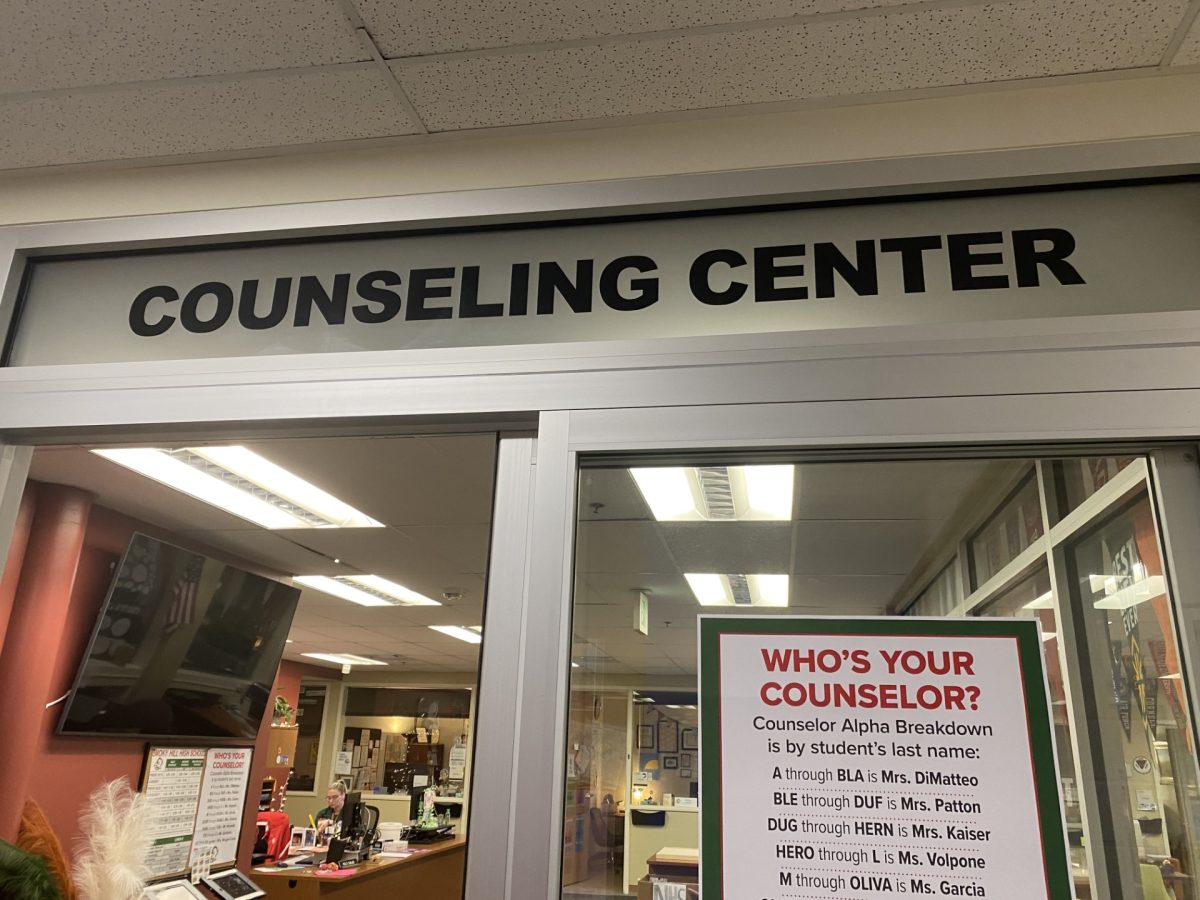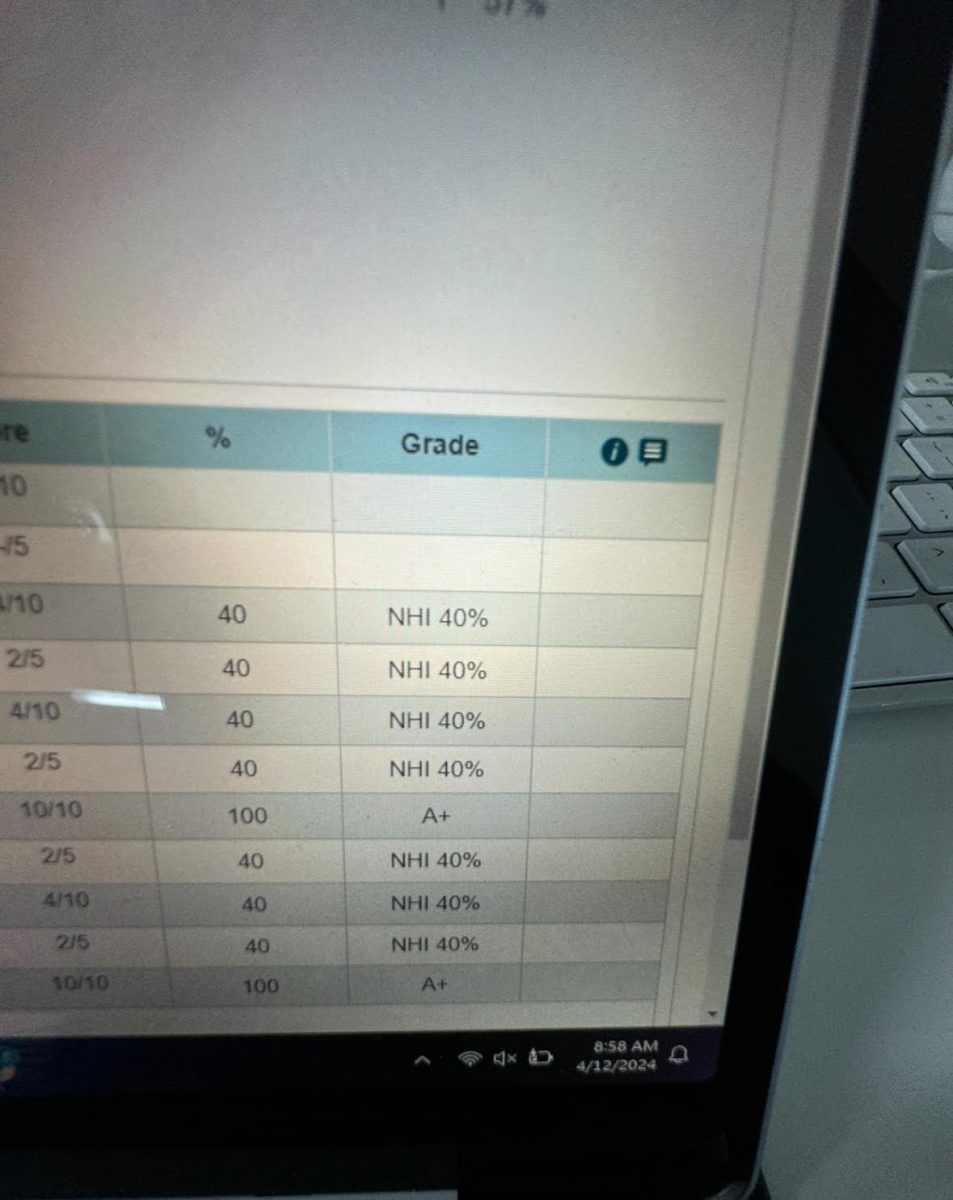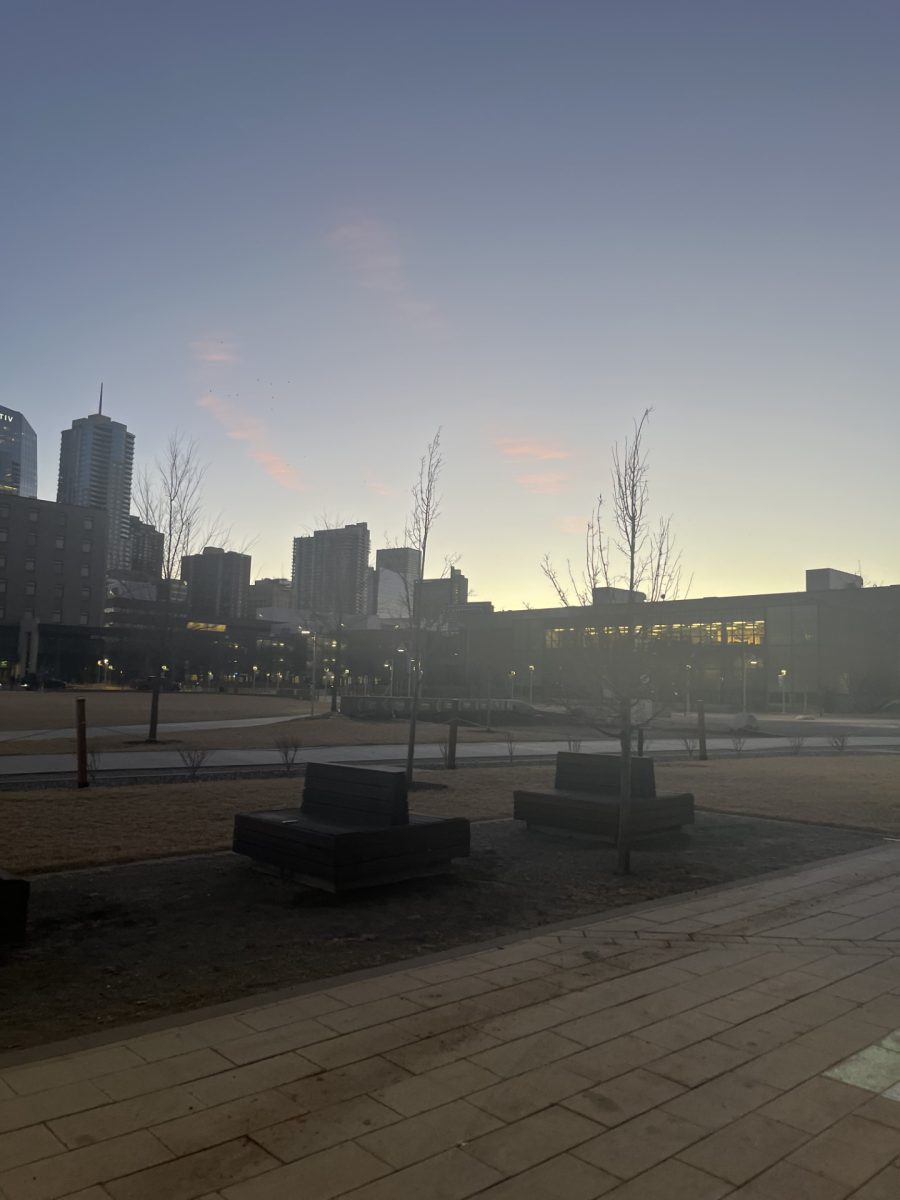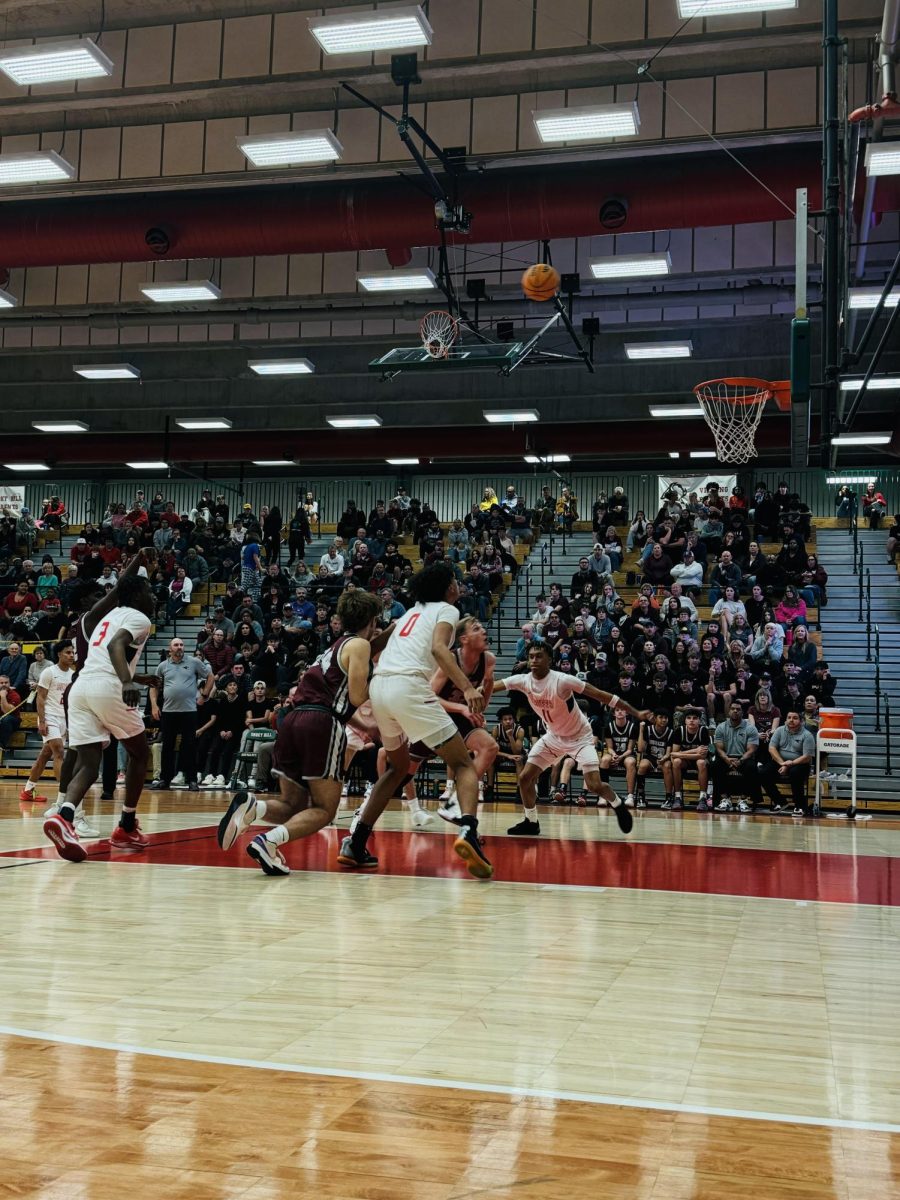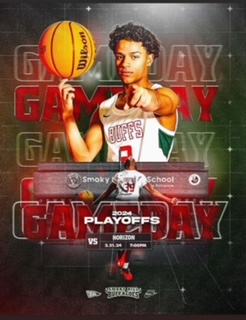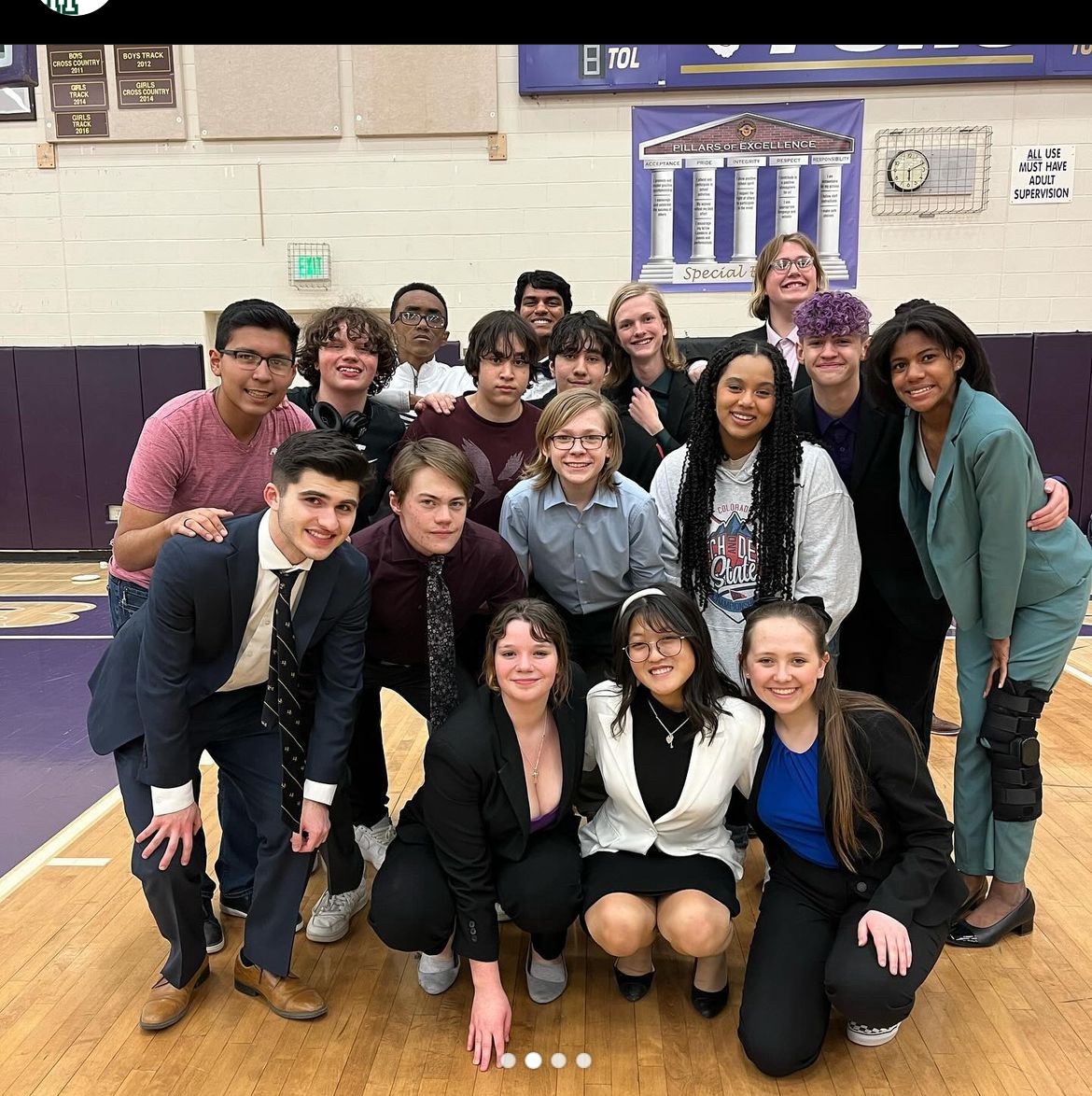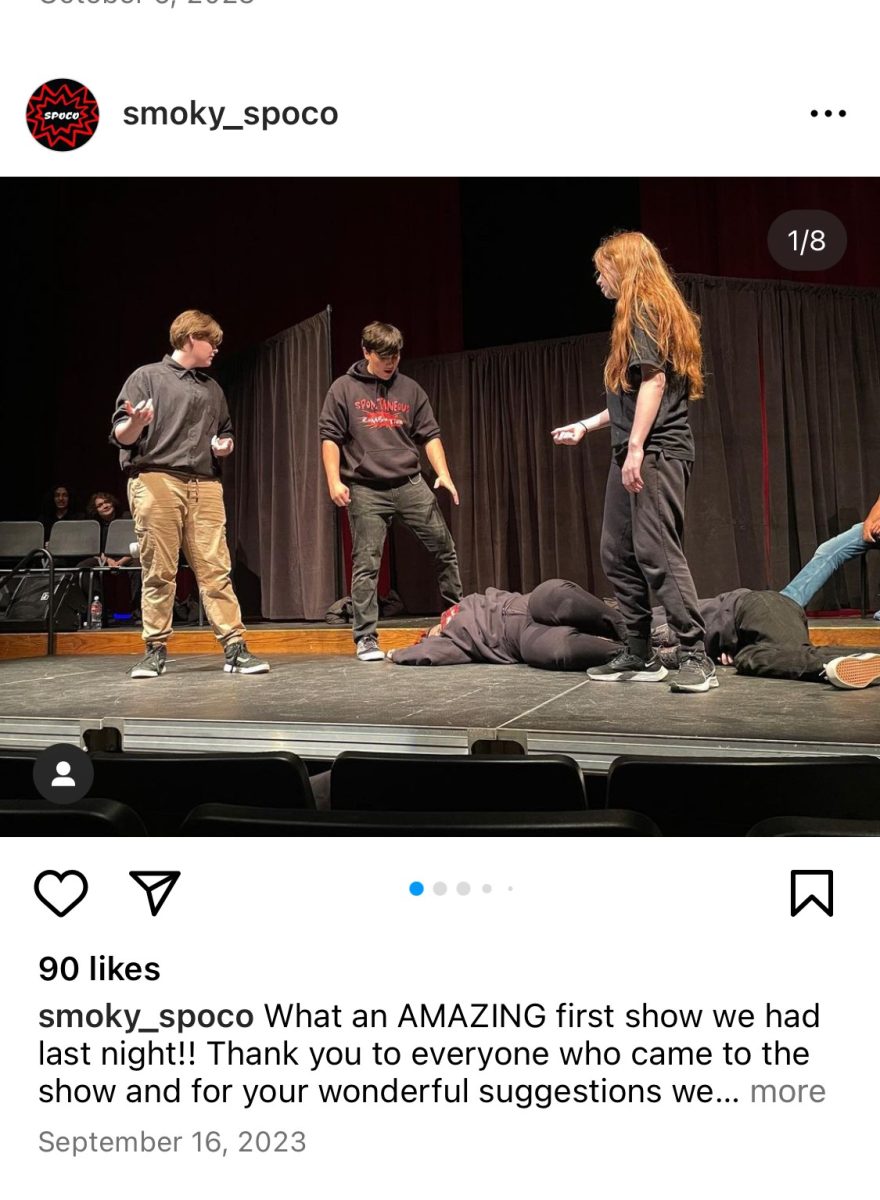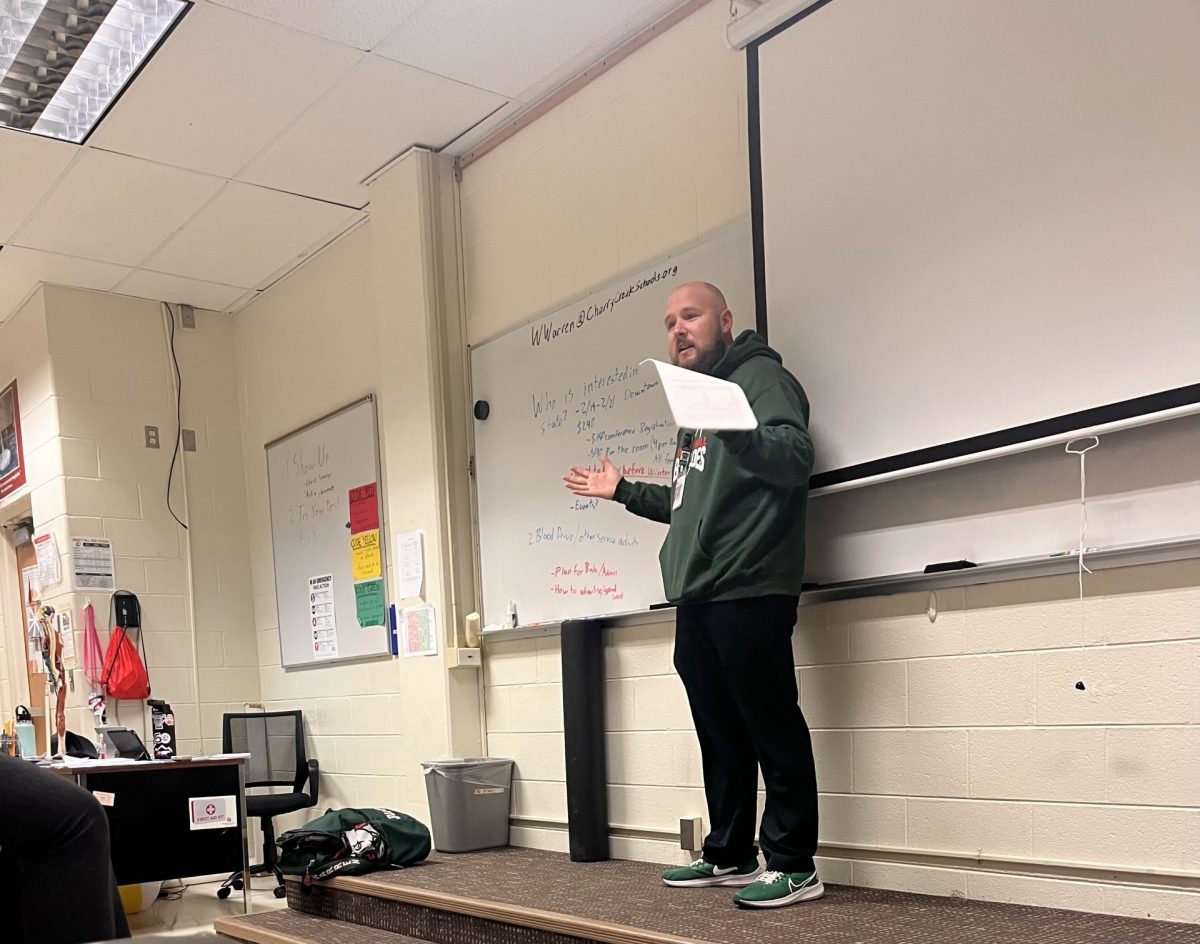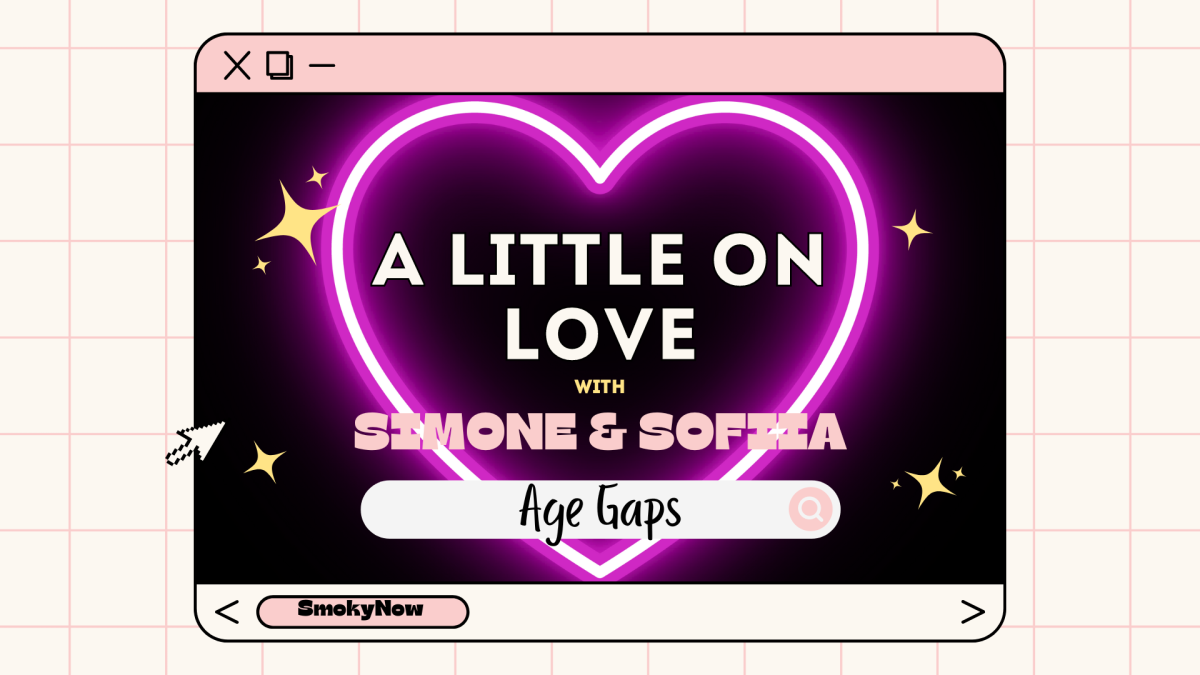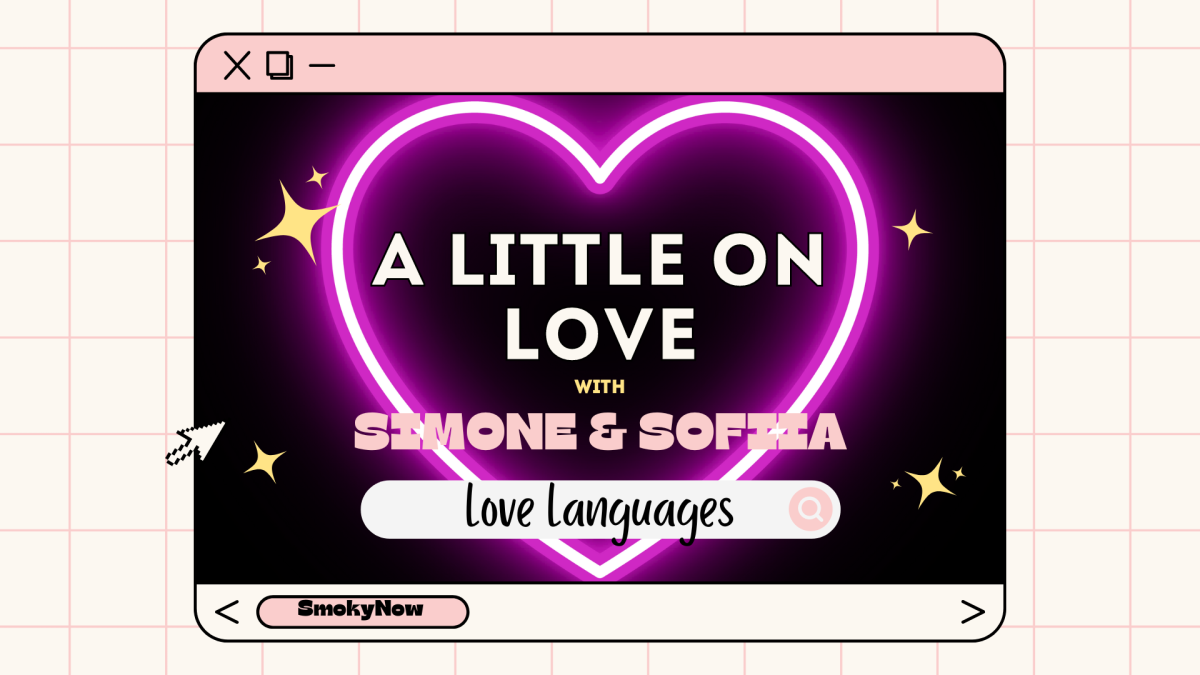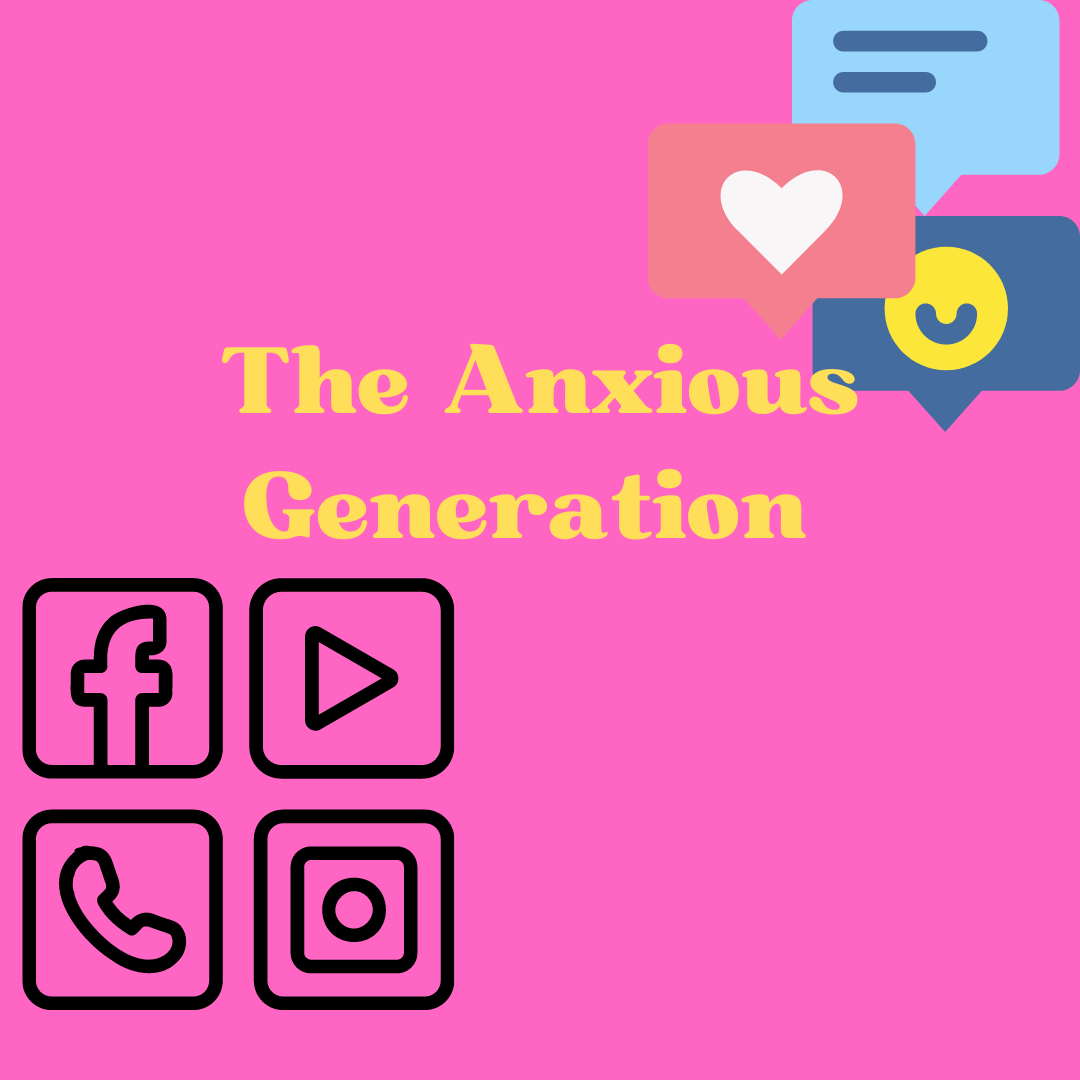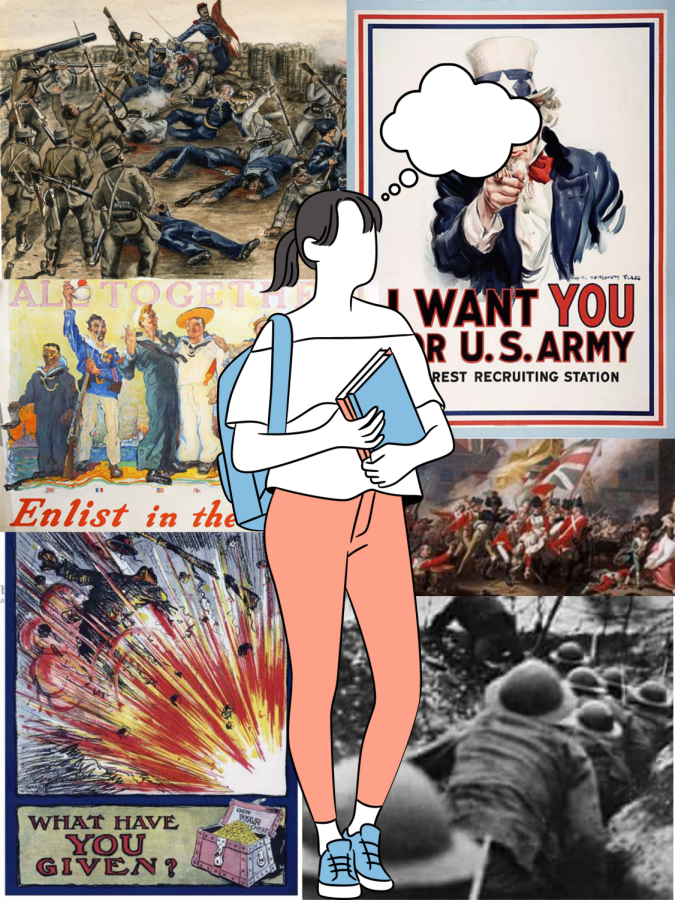What War Means To a Student of Today
War has become a pressing issue and students may have more thoughts on it than ever
February 28, 2022
With Russia’s recent invasion of Ukraine, war is now in the public mind more than it has been in a while. American students of today, as one of the only generations to have lived in a country at war for their entire life, but not having had the first-hand experience of seeing the start of the conflict, may have a more unique perspective on war than their predecessors.
“I think that my view of [war] is very skewed because I’ve only seen other people live through it. But if I were to ask my grandparents what their view on war was, it would probably be much different than mine,” Zoe Aguirre (9) said.
Previous generations have a different and perhaps more in-depth viewpoint on war than the children of today, largely influenced by how they grew up.
“I don’t think you get the message that you could die at any time, like we did when we were your age,” social studies teacher Brian Lee said. “I mean, we were told that the Soviets could nuke us at any time, right, we would get under our desks and say we’re going to be safe.”
But not all students have a more limited or distant perspective on war, for junior Evelina Pavlyk her experience with it is extremely personal.
“But my mom’s still out there [Ukraine],” Pavlyk said. “She [has] always lived there, she never wanted to move out to America. And I’m here right now, during this war, while she’s still there. And I’m really panicking about that, it’s really stressful. In this situation, I’m just so helpless, and that kills me on the inside, because like, all of the airports are bombed, there’s no way in or there’s no way out, they’re stuck there.”
According to a study done by the National Center for Biotechnology Information, children experiencing war are at higher risk for mental illnesses including posttraumatic stress disorder, depression, and anxiety. But despite these issues that children of war can face, conflict at such a scale can also work to strengthen resolve.
“But, I’m just so adapted to the atmosphere that anything can attack you any second,” Pavlyk said. “That’s like, I don’t really know how to explain it to somebody else, what it feels like, it just builds your mental state more, and then, without you knowing, you get stronger. I’m so amazed by Ukrainians. They’re so fearless.”
American culture has evolved greatly over the years and with social media being a huge part of it today there may be a certain level of disconnect between students and war, which some worry could lead to long-term problems.
“I worry that kids are checked out when they learn about social studies and they don’t take it seriously,” Lee said. “And someday, they’re going to be the people in control. Like, if you don’t learn from the mistakes of the past, you’re doomed to repeat them. So if we’re not teaching kids, all the history, we run the risk of repeating it.”

